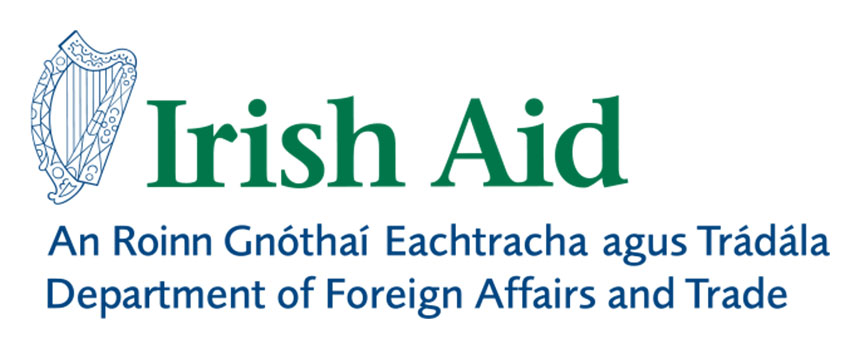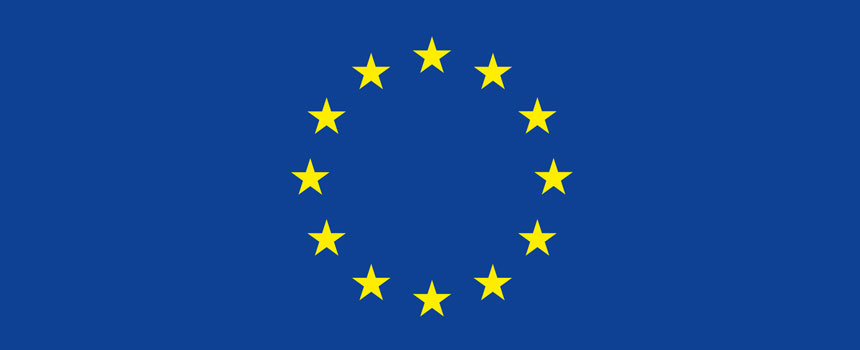Transnationalism, Power and Change, Jean Somers (2014)
10 August 2021

This thesis analyses the nature of the power of transnational civil society and how it is exercised. It does this through a case study of transnational civil society (TNCS) protests in Peru in 1976 to the mass mobilisations at the 2005 G8 Summit. It asks what is the nature of the power of transnational civil society, and how was this power exercised in order to change international debt policy? While the focus of the thesis is on the agency of transnational civil society, the concept of the internationalising state is used to provide the structural framework that describes the changing world order against which this agency was exercised. The debt campaign is examined in terms of three periods of activity: 1976- 1990; 1991-1996; and 1997- 2005. The power of TNCS is examined in terms of how they used knowledge, leveraged the national/international interface, and their modes of engagement with the decision makers of the internationalising state. The nature of power relations within TNCS is explored through an analysis of the internal fault lines along the south/north interface of those campaigns. The thesis is based on an analysis of debt campaign documents, interviews with key informants, media sources and secondary sources. It finds that debt campaigning challenged international debt policy largely through national political processes, regardless of how campaigns were positioned within world order ± whether in G7 countries, other creditor countries or in debtor countries - and irrespective of the particular phase of world order. On the other hand, modes of engagement with decision makers did change with the changing world order, and how debt was framed was a key element in this process. South/north relations are conceptualised as a continual cycle of solidarity and conflict, as debt movements sought both to escape the impact of the hierarchical structuring of the internationalising state, but also to leverage their particular power within that hierarchy.


